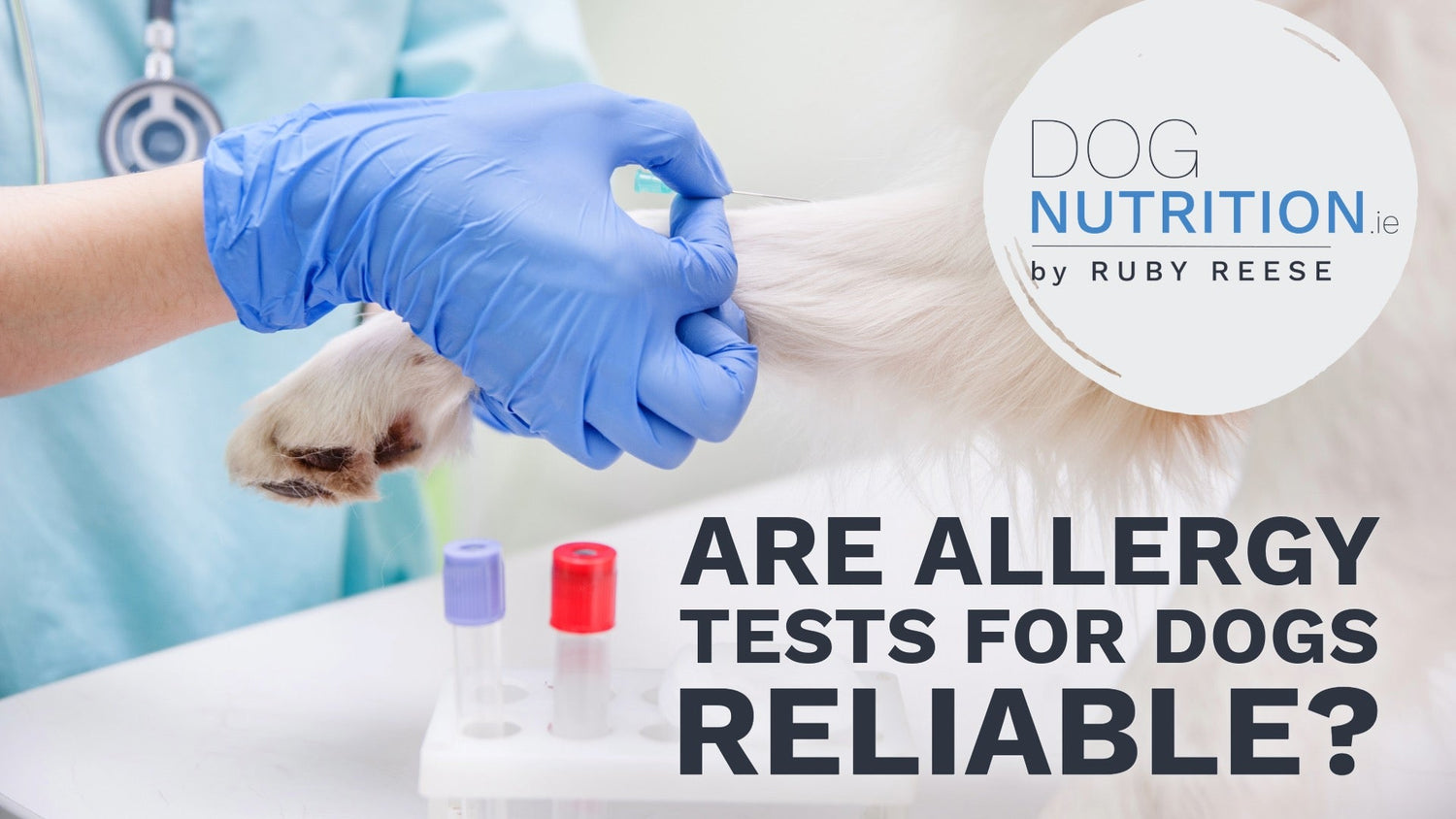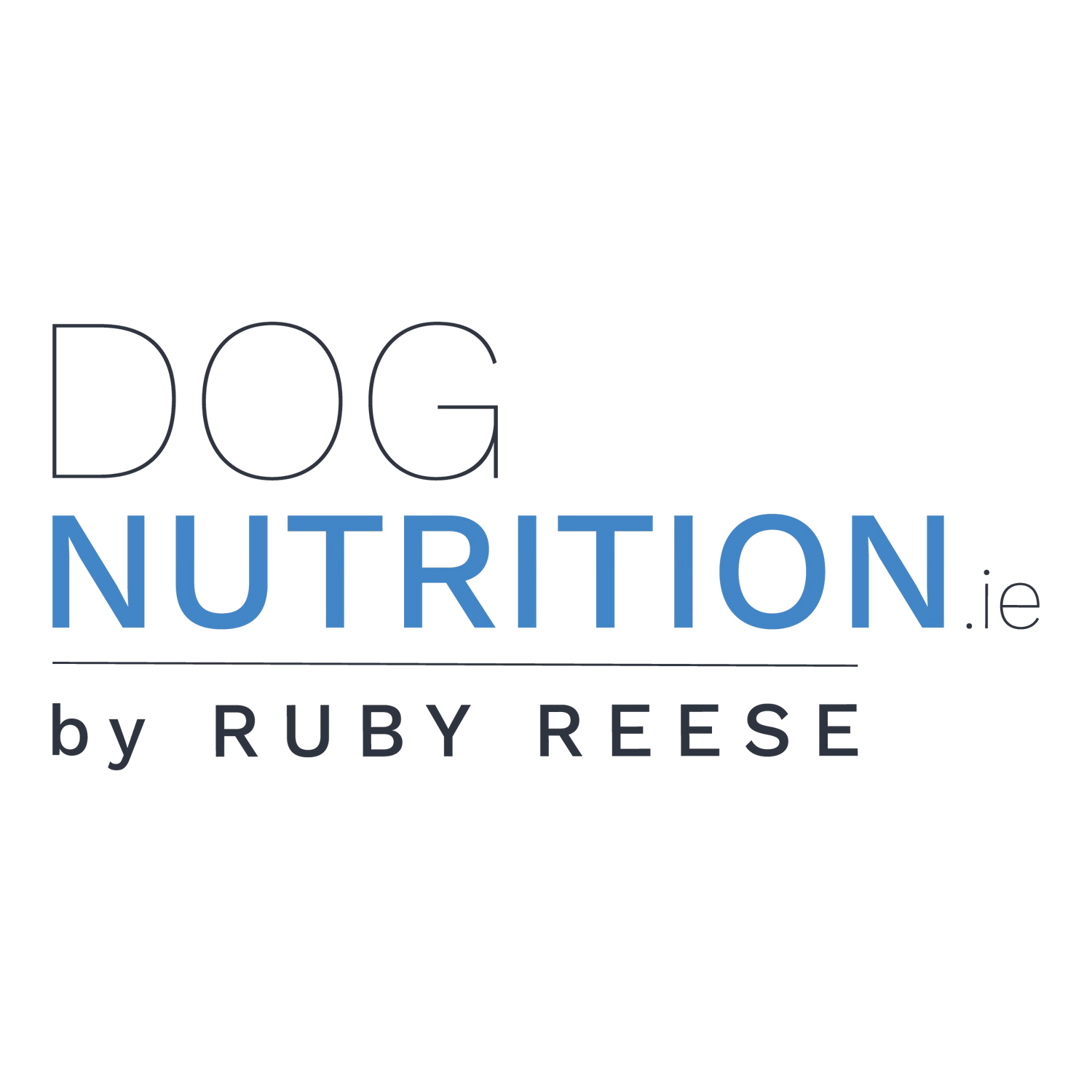The short answer:
Allergy tests for dogs are not recommended - allergen tests conducted on fur and saliva samples are not proven to be effective and are typically rejected by the scientific community. Most of these tests state in their small print that they are not appropriate for diagnosis.
Antigen tests conducted on blood samples are also not very reliable as they cannot detect intolerances at all and can frequently have both false positives and false negatives for allergies. The gold standard comes out on top again and again: an elimination diet followed by a provocation trial will get you the answers that you need. A test may sound quick and simple but may just waste your money or considerably worse, send you down completely the wrong path.
More Detail on Food Allergen Testing For Dogs
As already mentioned, allergen testing on a whole has not proven to be very reliable when it comes to retesting with the same results and there can be room for both false positives and false negatives. These food-specific immunoglobin E (IgE) and immunoglobin G (IgG) tests are typically done on a dog’s blood serum samples collected by a vet. Summarised by Mueller & Olivry (2017):“Although serum IgE testing for food-specific IgE is offered by many laboratories in many countries as a tool for the diagnosis of AFRs, it is not reliable in dogs and cats. At this time, the best diagnostic procedure to identify AFRs in small animals remains an elimination diet with subsequent provocation trials.”
Fur or hair tests are generally not recognised by modern science or the veterinary community as they do not have reliable results. These tests are often sold directly to consumers and are based on the idea of bioresonance, a theory that has not been proven to identify allergies or intolerances. By reading the small print from the manufacturer on these types of tests, you can usually see that they should not be used for the purpose of diagnosis.
What is recommended instead for dogs that may have an allergy?
The gold standard to diagnose and to treat a food allergy or intolerance (often grouped and referred to as adverse food reactions in studies) in dogs is with an elimination diet and subsequent food trial or provocation trial. This is the tried and tested method for tackling food allergies and intolerances in dogs head-on. It involves keeping a strict diet over a number of weeks and should be supported by a professional, who can guide you through the whole process. Those who successfully complete this process with their dog are usually rewarded with a whole range of options for feeding and typically only have to avoid one or a few allergens. Please feel free to get in touch today if you think you need help with your dog’s potential allergies or intolerances.
Further Reading:
Bernstein et al (2019): Hair and saliva analysis fails to accurately identify atopic dogs or differentiate real and fake samples, Veterinary Dermatology, Volume 30, April 2019, Page 105
Coyner & Schick (2019): Hair and saliva test fails to identify allergies in dogs, Journal of Small Animal Practice, Volume 60, Page 121
Mueller & Livry (2017): Critically appraised topic on adverse food reactions of companion animals (4): can we diagnose adverse food reactions in dogs and cats with in vivo or in vitro tests? BMC Veterinary Research, Volume 13, Article 275.
Roosje (2010): Interpretation of Laboratory Tests for Allergies in Dogs, World Small Animal Veterinary Association World Congress Proceedings 2010,
Udraite Vovk et al (2019): Testing for food-specific antibodies in saliva and blood of food allergic and healthy dogs, The Veterinary Journal, Volume 245,




0 comments